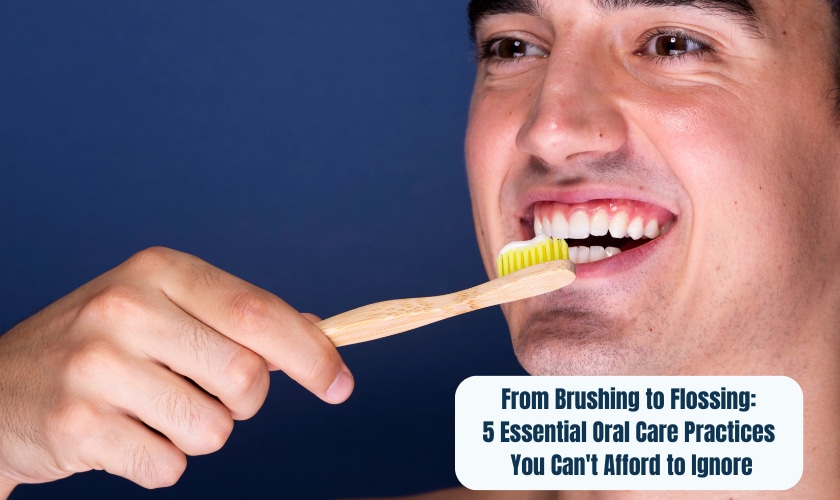
Discover the surprising impact of dental health on your overall well-being. Uncover how the condition of your teeth, gums, and mouth can influence other parts of your body. Did you realize that issues in your mouth might affect various aspects of your general health or that your oral health can offer insights into your overall well-being? Explore the connection between your general health and dental health to safeguard yourself.
What’s the connection between oral health and overall health?
Similar to other parts of your body, your mouth is filled with bacteria, most of which are harmless. However, since your mouth serves as the entry point to your digestive and respiratory systems, some of these bacteria have the potential to cause diseases.
Under normal circumstances, the body’s natural defenses and good oral hygiene practices, such as daily brushing and flossing, work to keep bacteria in check. In the absence of proper oral care, bacteria levels can increase, potentially leading to oral infections like tooth decay and gum disease.
Additionally, certain medications such as decongestants, antihistamines, painkillers, diuretics, and antidepressants can diminish saliva flow. Saliva plays a crucial role in washing away food particles and neutralizing acids produced by mouth bacteria, thus protecting against microbial growth and disease.
Research indicates that oral bacteria and the inflammation linked to severe gum disease (periodontitis) may contribute to the development of certain illnesses. Moreover, specific diseases like diabetes and HIV/AIDS can weaken the body’s ability to fight infections, thereby exacerbating dental health issues.
What conditions can be linked to oral health?
Your oral health can impact various diseases and conditions, such as:
Endocarditis
An infection of the inner lining of the heart chambers or valves (endocardium), is often caused when bacteria or germs from the mouth spread through the bloodstream.
Cardiovascular disease
While the connection is not fully understood, research suggests a potential link between heart disease, clogged arteries, stroke, and the inflammation and infections caused by oral bacteria.
Pregnancy and birth complications:
Periodontitis is associated with an increased risk of premature birth and low birth weight.
Pneumonia:
Bacteria from the mouth can be aspirated into the lungs, leading to pneumonia and respiratory diseases.
Certain conditions may also impact your oral health:
- Diabetes: Increases susceptibility to gum disease due to reduced resistance to infection. Gum disease can, in turn, affect blood sugar control, emphasizing the importance of regular periodontal care for diabetes management.
- HIV/AIDS: People with HIV/AIDS commonly experience oral problems, including painful mucosal lesions.
- Osteoporosis: Linked to periodontal bone loss and tooth loss. Some medications for osteoporosis carry a small risk of jaw bone damage.
- Alzheimer’s disease: Oral health tends to worsen as Alzheimer’s disease progresses.
Dr. Manju R. Kejriwal, a trusted dentist in Cincinnati, OH, emphasizes the significance of considering additional factors that can impact oral health. Beyond common conditions, individuals should be aware of the potential influence of factors like eating disorders, rheumatoid arthritis, specific cancers, and immune system disorders such as Sjogren’s syndrome, leading to conditions like dry mouth.
To ensure optimal oral care, it is crucial to keep your dentist informed about your medication regimen and any changes in your overall health. This becomes particularly vital following an illness or if you have a chronic condition like diabetes. By maintaining open communication with your dentist, they can deliver personalized and comprehensive oral care tailored to your specific health needs. Regular updates enable your dentist to address evolving health considerations and provide the best possible care for your oral well-being.
How can I protect my oral health?
Maintaining optimal oral health involves incorporating the following practices into your daily routine:
- Brush your teeth: Ensure you brush your teeth for a minimum of two minutes at least twice a day, using a soft-bristled brush and fluoride toothpaste.
- Flossing: Make flossing a daily habit to remove debris and plaque from between your teeth.
- Mouthwash: Use mouthwash to eliminate remaining food particles post-brushing and flossing.
- Healthy diet: Consume a nutritious diet, limiting the intake of sugary foods and drinks that can contribute to dental issues.
- Toothbrush replacement: Change your toothbrush every three to four months, or earlier if you notice splayed or worn bristles.
- Regular dental checkups: Schedule and attend routine dental checkups and cleanings to monitor your oral health and address any concerns.
- Tobacco avoidance: Refrain from using tobacco products, as they can have detrimental effects on your oral health.
- Prompt dental attention: Contact your dentist promptly if you encounter any oral health problems. Timely intervention is crucial for addressing issues effectively.
Prioritizing these oral hygiene practices is an investment in your overall health, contributing to the prevention of dental problems and promoting a healthier lifestyle.





